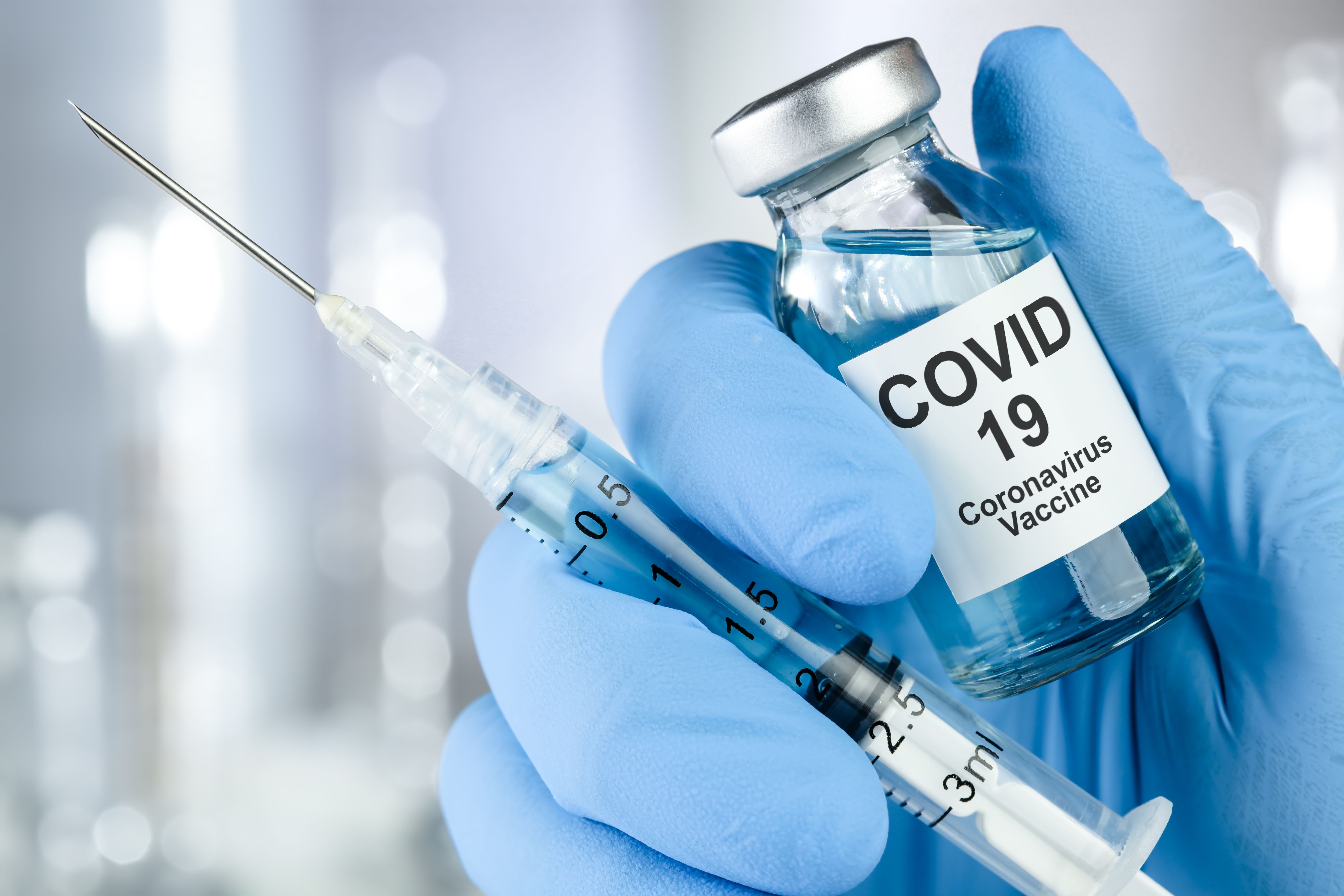Article
Association Found Between Adverse Events of COVID-19 Vaccinations, Nocebo Effects
Author(s):
Investigators analyze to see if there was an association of expected benefits and risk of vaccination.
Risk factors for nocebo effects can be assessed prior to vaccination and in some cases, including negative expectations, can potentially be changed by managing the expectations around COVID-19 vaccinations, according to the results of a study published in JAMA Network Open.
Leigh Prather - stock.adobe.com

The nocebo effect is when a patient develops an adverse event (AE), because they think that an AE could occur.
Investigators analyzed the study cohort to see if there was an association of expected benefits and risk of vaccination, AEs at first vaccination, and observed AEs closely related to with the severity of systemic AEs among adults who received a second dose mRNA-based vaccine for COVID-19 between August 16, 2021, and August 28, 2021.
In a state vaccination center in Hamburg, Germany, a total of 7771 individuals received their second dose of a vaccine and were invited to participate. There was a total of 10,447 observations from 1678 individuals, with 1297 receiving the BNT162b2 (Pfizer; BioNTech) vaccination and 381 receiving the mRNA-1273 (Moderna) vaccination.
The median age of individuals was 24 years, and 51.4% were women.
The primary outcome was a composite severity index of systemic AEs in 12 symptom areas.
They were measured once a day with an electronic symptom diary over 7 consecutive days, according to investigators.
Approximately 47.9% of individuals expected a high risk of 6 or more points for COVID-19, and 31.6% expected a high risk for COVID-19-related hospitalization.
Further, 51.2% of individuals expected a high risk for systemic AEs, 7.6% expected a high risk for hospitalization related to AEs, and 10.1% expected a high risk for long-term AEs.
Approximately 24.6% of individuals observed severe AEs in other close individuals they knew. while 1.7% reported that they were not close to anyone who had already been vaccinated.
Investigators analyzed the data by the mixed-effects multivariable from logistic regression, and they adjusted from pre-vaccine symptom levels and observation times.
They found that the risk for more severe AEs was high for individuals who expected a lower benefit from the vaccination, those who expected higher AEs of vaccination, and those who experience high symptom burden at their first vaccination.
Additionally, they found those that scored higher on the Somatosensory Amplification Scale and if the vaccine given was mRNA-1273 compared with the BNT162b2. There were no associations for observed experiences.
The severity of systemic AEs was also associated with a tendency to assume more severe AE instead of a normalized benign bodily sensation.
The AEs that were most frequently reported were aching limbs, chills, fatigue or tiredness, fever, headache, and joint pain.
Results of the study may be beneficial to physician-patient interactions and public vaccine campaigns providing information about COVID-19 vaccinations, investigators said.
They also identified limitations of the study, including that this the results should be tested in randomized clinical studies to confirm the results.
Additionally, investigators noted that associations with systemic AEs could have been missed.
Reference
Schäfer I, Oltrogge JH, Nestoriuc Y, Warren CV, et al. Expectations and prior experiences associated with adverse effects of COVID-19 vaccination. JAMA Netw Open. 2023;6(3):e234732. doi:10.1001/jamanetworkopen.2023.4732
Newsletter
Stay informed on drug updates, treatment guidelines, and pharmacy practice trends—subscribe to Pharmacy Times for weekly clinical insights.





